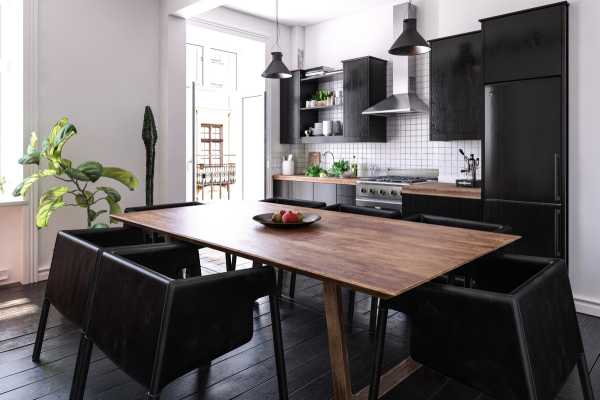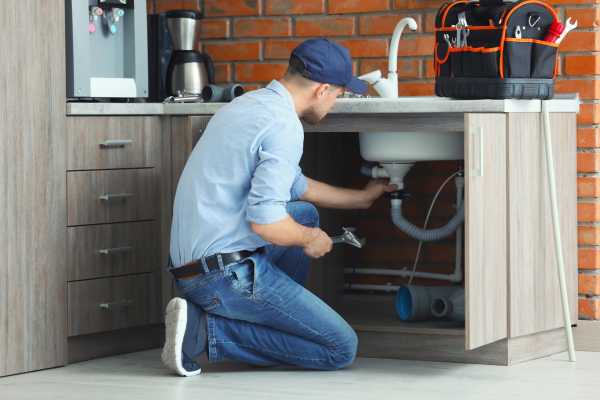In recent times, there has been a surge in global interest in the tiny house movement. The allure of downsizing and adopting a simpler, more sustainable lifestyle has resonated deeply with many individuals.
Among the most captivating aspects of tiny houses is their inherent flexibility and mobility, setting them apart from traditional housing options.
This article delves into the appeal of tiny houses for their adaptability and ease of movement, highlighting the advantages and unique opportunities they offer.
Embracing a Minimalist Lifestyle
Tiny houses epitomize the principles of minimalism, offering residents a cozy living space typically ranging from 100 to 400 square feet.
These compact homes encourage inhabitants to declutter and focus on what truly matters, prioritizing experiences and personal growth over material possessions.
By embracing minimalism, occupants of tiny houses find liberation in simplicity, allowing them to pursue their passions and lead more fulfilling lives.
Mobility: Bringing Home Wherever You Go
One of the defining features of tiny houses is their mobility. Unlike conventional homes that are fixed to foundations, tiny houses are often built on trailers or wheels, enabling homeowners to transport their dwellings with ease.
This mobility opens up a world of adventure and exploration, allowing residents to wake up to new vistas and experiences wherever they roam.
Flexibility: Adapting to Changing Circumstances
Tiny houses excel at adapting to evolving lifestyles and circumstances. Whether it’s a career opportunity in a new city or a desire for a change of scenery, tiny house residents have the flexibility to relocate without the constraints of traditional homeownership.
Additionally, these versatile dwellings can serve multiple purposes, functioning as primary residences, vacation homes, guest accommodations, or even office spaces.
Living Sustainably and Achieving Financial Freedom
Tiny houses align with the growing movement towards sustainability and environmental responsibility. With their smaller footprint and reduced resource consumption, tiny houses offer an eco-friendly housing alternative.
Furthermore, the lower construction and maintenance costs associated with tiny houses translate into financial freedom for homeowners, allowing them to save money, reduce debt, and live more comfortably.
Building Community and Connections
Contrary to the notion of isolation, living in a tiny house often fosters strong community bonds. Enthusiasts of tiny houses frequently form close-knit communities, supporting and inspiring one another on their journeys towards simpler living.
Through gatherings, workshops, and shared experiences, these communities provide opportunities for connection and collaboration.

In Conclusion
The allure of the tiny house movement lies in its versatility and adaptability. These compact dwellings empower individuals to embrace minimalism, explore the world, live sustainably, and forge meaningful connections with others.
As society continues to seek innovative solutions for sustainable living, tiny houses stand as beacons of hope, offering a path towards a more purposeful, liberated, and adventurous lifestyle.
If you’re drawn to the idea of a simpler, more fulfilling life, consider joining the tiny house movement and opening yourself up to a world of possibilities within the smallest of spaces.
Keep reading our articles:
Strategies for Organizing Small Living Spaces
Decoration: Adopting Eco-friendly Practices in Compact Spaces
FAQ
1. Defining Tiny Houses: What distinguishes a tiny house from traditional homes?
A tiny house is a compact dwelling, typically ranging from 100 to 400 square feet in size. Unlike traditional homes, tiny houses are often built on trailers or wheels, providing occupants with the ability to move and explore different locations more freely.
2. Benefits of Tiny Living: Why should someone consider living in a tiny house?
There are numerous advantages to living in a tiny house, including embracing a minimalist lifestyle, reducing environmental impact, achieving financial freedom, enjoying the flexibility to travel, and adapting to changing life circumstances.
3. Legal Considerations: Is it permissible to live in a tiny house on wheels?
The legality of residing in a tiny house on wheels varies depending on local regulations, zoning laws, and building codes.
It’s essential to research and comply with applicable laws and regulations before transitioning to life in a tiny house.
4. Utility Management: How do tiny houses handle utilities such as water and electricity?
Many tiny houses are designed to be self-sufficient and environmentally friendly, utilizing renewable energy sources like solar panels and rainwater harvesting systems.
Depending on location, occupants may also connect to local utility services for water and electricity.
5. Amenities in Tiny Houses: Do tiny houses offer the same amenities as traditional homes?
Despite their smaller size, tiny houses can provide most of the amenities found in traditional homes, including kitchens, bathrooms, sleeping areas, and storage solutions.
Innovative designs and space-saving solutions ensure that occupants can enjoy comfort and functionality within their compact dwellings.


